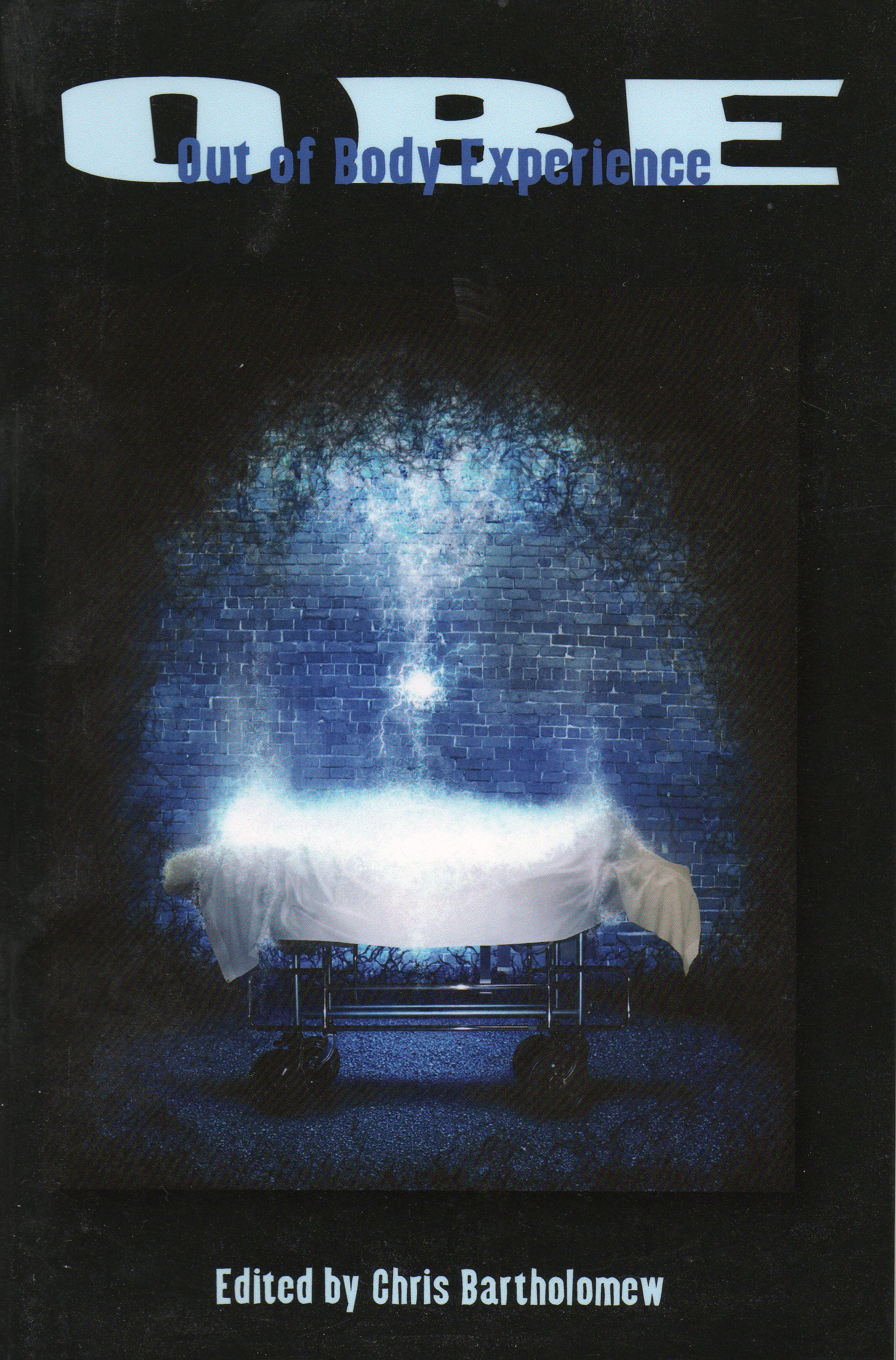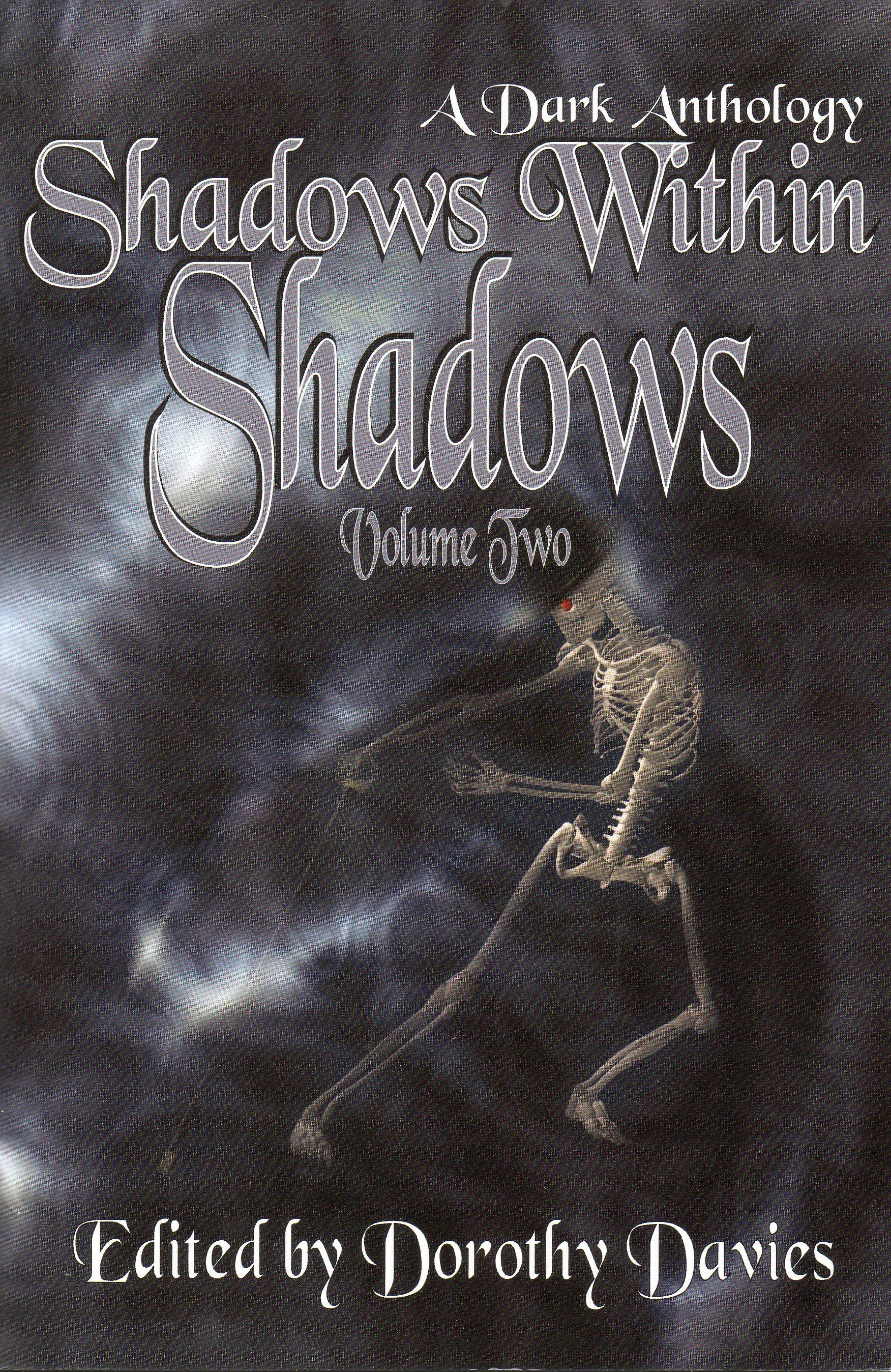“I don’t see her anywhere,” said a voice Ellen was sure she recognised, “are you sure we’re in the right place?”
She glanced in her rear view mirror trying to identify the speaker amongst the group of emergency personnel milling around the scene of the accident.
“Sure we are,” said another voice, unfamiliar this time. “This is Gilloolies Interchange, remember. We picked up here only last month”.
“Oh I remember now,” said the voice that sounded familiar to her, a voice from long ago. “Better crack on then, you take that side, I’ll take this.”
Their voices tailed away into the distance.
She tapped her carefully manicured nails impatiently on the steering wheel, checking her watch, and trying not to look at the body lying a few metres ahead on the highway.
The evening air was thick with exhaust fumes, and a faint odour of burning wood drifted across the highway from the township in the valley on the left. Lights from the little shacks twinkled bravely amidst the long fingers of smoke undulating above the unmade streets. In the frosty twilight of a South African mid-winter’s day, the temperature had as usual plummeted once the glowing crimson sun had sunk into the murky haze over the Johannesburg skyline.
Her eyes drifted away from the tail-lights of the car in front and she focused once again on the slim black foot which could be seen peeping out from beneath the travelling rug that some kindly passer-by had donated, lending some semblance of dignity to the shattered body lying in the middle of the highway.
A hundred metres or so ahead, beyond the body, she could make out a white Citi-Golf, now almost unrecognisable with its nose buried in the central barrier, and a taxi mini bus lying on its side. The driver was still in the car, and a blanket had been thrown carelessly over the body.
Miraculously, almost everybody in the taxi had crawled from the twisted wreckage, only the driver having been thrown out through the windscreen. The first paramedics to arrive on the scene were working on him now, surrounded by the surviving passengers, all watching with that curious, dispassionate expression adopted by those accustomed to tragedy.
They would probably know the driver quite well; more than likely they would get the same taxi every evening at the same time, and weave at break-neck speed in and out of the rush-hour traffic, back to their homes in the townships of Alexandra, Tembisa, wherever, sharing a cigarette, a joke, a can of Amstel.
Sometimes she thought she would never get used to Johannesburg. Death was so commonplace, its impact regulated only by its proximity. When the life that had just been so violently extinguished came from your home patch, your social circle, or from amongst your work colleagues, the shock and grief penetrated your consciousness in a different way.
The rest was just … something that happened here.
If it wasn’t murder, it was senseless self-induced slaughter on the highways, as citizens, black, white and coloured, pushed, jostled and cursed in order to save another minute in which, presumably, to make another rand. She loved Africa, but would be glad when the secondment was over, and they could return to the gentle, more leisurely pace of England.
Adam would be taking off for Heathrow anytime soon, she thought, checking her watch again. She’d dropped him off at OR Tambo an hour ago, and by now he would be in the business lounge, sipping his second glass of red wine, maybe tapping away on his laptop. He would soon ring the home phone to check she had arrived back safely, since, to his irritation, she had left her cell phone at home that afternoon.
“You should always have a cell-phone here” he had admonished her. “You never know when you’ll need it.”
He would be anxious if he rang home and she wasn’t there to pick up. They’d said only hurried farewells in the drop-off zone at the airport, and she wanted to speak to him again before he boarded for his eleven hour flight.
She took in the scene before her again.
She had seen the accident taking place, almost in slow motion it seemed. The young black boy must have already crossed the other carriageway, and, encouraged by his success, waited on the central reservation for a gap in the traffic so he could dart across the busiest highway around Johannesburg. He would have been trying to reach the small township on the other side, anxious to get home for supper, and maybe a game of football before bedtime.
When he’d spotted a brief gap in the flow of traffic, he must have darted across, but not fast enough. He had been hit by the taxi, which had then careered into the Citi-Golf. This in turn had smashed into a pick-up truck before embedding itself in the safety barrier. All over in just a screech of brakes, a thump and a flash of flailing limbs through the air; another young life snuffed out before it had scarcely begun. Today’s statistic, forgotten tomorrow by everybody except his grieving family. Even by those who were drumming impatiently on their steering wheels tonight, waiting until the traffic would run free again.
She glanced in her rear view mirror again. The tailback now stretched about ten or eleven kilometres towards the airport, and yet the traffic cops casually ambled around the scene of carnage in front of her, taking measurements, writing notes, peering curiously at the twisted, steaming heaps of metal which had once comprised a minibus taxi, a pick-up and a car.
Back home, on the M25, this would be deemed a major emergency, traffic reports would be spewing out onto car radios, and people plotting diversions on their sat navs. Here it was just another evening rush-hour incident, one of many taking place on the fast-moving network of highways around the capital at this very moment.
Sirens wailed as a second ambulance came speeding up the highway behind her. There was only the narrowest hard shoulder here, and cars were peeling off to the right and left to enable the vehicle to get through. Soon the flesh and metal would be disposed of, and another Johannesburg evening would get underway. For some people, at least, she thought, glancing again at the small black foot.
The ambulance inched slowly by her and pulled up on the hard shoulder. She glanced at her watch, noting with some surprise that hardly any time had passed since she last looked. It had seemed a long while.
Within a few minutes, two of the paramedic crew, accompanied by one of the traffic cops, crossed over to the dead driver still trapped in the Citi-Golf. They pulled back the blanket, but her view was obscured by the bulky frame of the officer. She shivered slightly, as a blast of cold night air struck her face from her open window.
“Hey man,” shouted one of the paramedics, straightening up. “This one’s still alive. Hurry, fetch the oxygen.”
The scene suddenly sprang into life with people pushing, pulling, running and shouting. Equipment was dragged out of the ambulance and carried quickly across the carriageway to the car.
“My God,” said the traffic cop, sinking his face into his hands. “I thought she was dead.” “Quick, let’s get her on the stretcher” urged the paramedic.
It was a woman, then. That didn’t make it any better or any worse, just more poignant. The woman had also been driving the same model car as Ellen’s. She noted with concern that it hadn’t withstood the impact very well, popular though this vehicle was as a second car for many South African families.
The paramedics opened the twisted door and leaned inside trying to place an oxygen mask over the woman’s face. Ellen felt a stab of panic. How many minutes, she wondered, had elapsed without treatment being given, just because some cop couldn’t tell the difference between dead or alive. Who was he, she thought angrily, to determine priorities?
A body board was hurriedly brought from the ambulance and a few seconds later they began to extricate the woman from the car and placed her on the ground.
Ellen shivered in the chill of the night air, and wound her window up.
She watched for a few minutes, rigid with anticipation and a rising sense of panic as one paramedic fitted a head-immobiliser to the victim, whilst the other started performing chest compressions. Her own heart was pounding, as she anxiously awaited some sign of relief or encouragement from the team gathered round the woman. Their faces were grim and tense as drips were being set up, and she winced in empathy as a cannula was inserted into the seemingly lifeless hand.
After a few seconds, the paramedics squatted back on their heels, heads hanging dejectedly.
“Hey man, we lost her!” said the paramedic, glaring accusingly up at the traffic cop, who had pushed back his hat and was scratching his greasy head.
“Could have sworn she was dead,” said the cop defensively, shrugging his shoulders as he turned away.
He strolled up the carriageway and started directing the evening traffic through the narrow space cleared by the emergency services.
Ellen realised she had been holding her breath, and finally exhaled, her body relaxing, now that it was all over. She would soon be on her way home
“Ah, here she is,” came that familiar voice again and a soft breeze brushed against her skin. She turned and with a rush of pleasure and surprise, saw the familiar form of her grandfather pushing through the emergency workers towards her. She hadn’t seen him in twenty years or more, not since he had passed away, thin, fragile and defenceless in a hospital bed. How well he looked now!
“Ellen, child. Good to see you again. My, how you’ve grown! Sorry about all this, didn’t see you when we came past here earlier. There’s no need to worry sweetheart. It’s time for you to come home now.”
End










